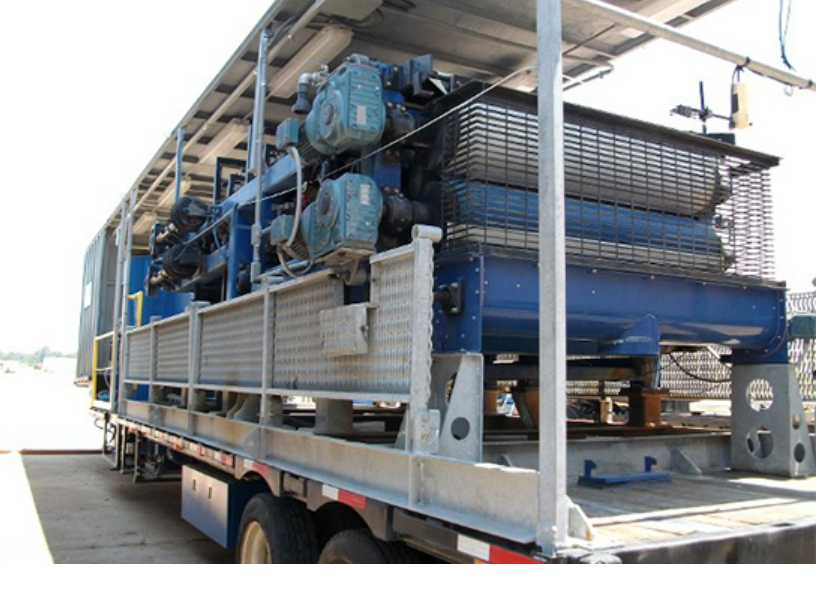Sludge dewatering equipment is essential for reducing waste volume and preparing it for effective disposal. This process prevents pathogens from reaching freshwater systems and ensures that wastewater treatment plants meet compliance protocols.
Sludge dewatering concentrates the slurry into high-solid filter cakes that are much easier to transport and dispose of. This technology also helps to cut transport costs, reduce carbon footprints, and boost sustainability efforts.
Cost-Effectiveness
Sludge dewatering is a cost-effective way to separate waste’s liquid and solid components, significantly reducing its volume and weight. This is especially beneficial for businesses that pay landfill disposal fees based on weight. In addition, it reduces the risk of environmental damage from a costly spill or leak.
Choosing a screw press machine is a good option for those seeking to make the most of their wastewater treatment process. Made of corrosion-resistant materials, they are versatile and easy to set up and operate. They are also highly efficient and can filter out water from sludge quickly and easily.
Rather than tankering away your waste and leaving it in the hands of a third party, sludge dewatering equipment rental allows you to take complete control of your processes. This ensures that your industrial activities are sustainable and leave the environment in the best possible condition. In addition, it helps you comply with regulations and uphold strict sustainability protocols.
Efficiency
Sludge dewatering equipment can help reduce the amount of liquid sludge your organization sends offsite for treatment or disposal. This can significantly cut waste transportation costs and reduce your organization’s environmental impact on the planet.
Choosing the right dewatering equipment for your needs is critical to success. Look for companies that offer multiple technological options to meet your unique application best.
This allows you to find the perfect system for your unique situation and budget, saving you money in the long run. Also, consider a company offering rapid deployment so that you can have the necessary equipment as quickly as possible. This can help you avoid costly downtime and ensure your dewatering process is timely.
Versatility
Sludge is a semi-solid slurry produced as a byproduct of many industrial and municipal processes, including wastewater treatment. It can be challenging to dispose of correctly, especially if strict sustainability protocols must be followed. This is where sludge dewatering equipment can come into play.
Thickening and dewatering are processes that separate sludge into concentrated, consolidated cakes that are easy to handle and transport while maintaining the same water content as the original sludge. This allows manufacturers to achieve greater cost efficiency by reducing disposal and transportation costs.
Manufacturers can also reduce on-site storage requirements by generating dry cakes of dewatered waste and contribute to a more sustainable circular economy. They can then sell their sludge to anaerobic digestion (AD) plants, prepared to pay for quality sludge’ cake’ to be converted into biofuel and fertilizer. This can drastically cut HGV trips and associated carbon emissions while reducing the overall environmental burden.
Environment-Friendly
Sludge is created as a byproduct of wastewater treatment, and it must be separated from the water before it can be released back into the environment. Sludge dewatering equipment reduces sludge volume, making it easier to transport and store. It also helps minimize the risk of pathogens or other contaminants reaching freshwater sources and contaminating drinking water supplies.
For industrial businesses struggling with third-party tankering costs, on-site sludge dewatering can provide an affordable way to cut costs and reduce carbon emissions.
Sludge dewatering equipment can be used in various applications, including water treatment, mining, agriculture, etc.


